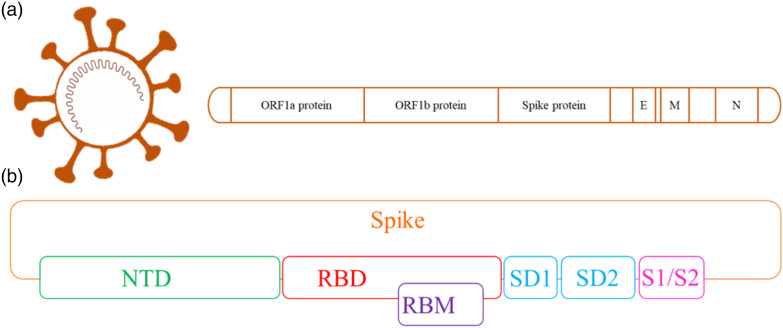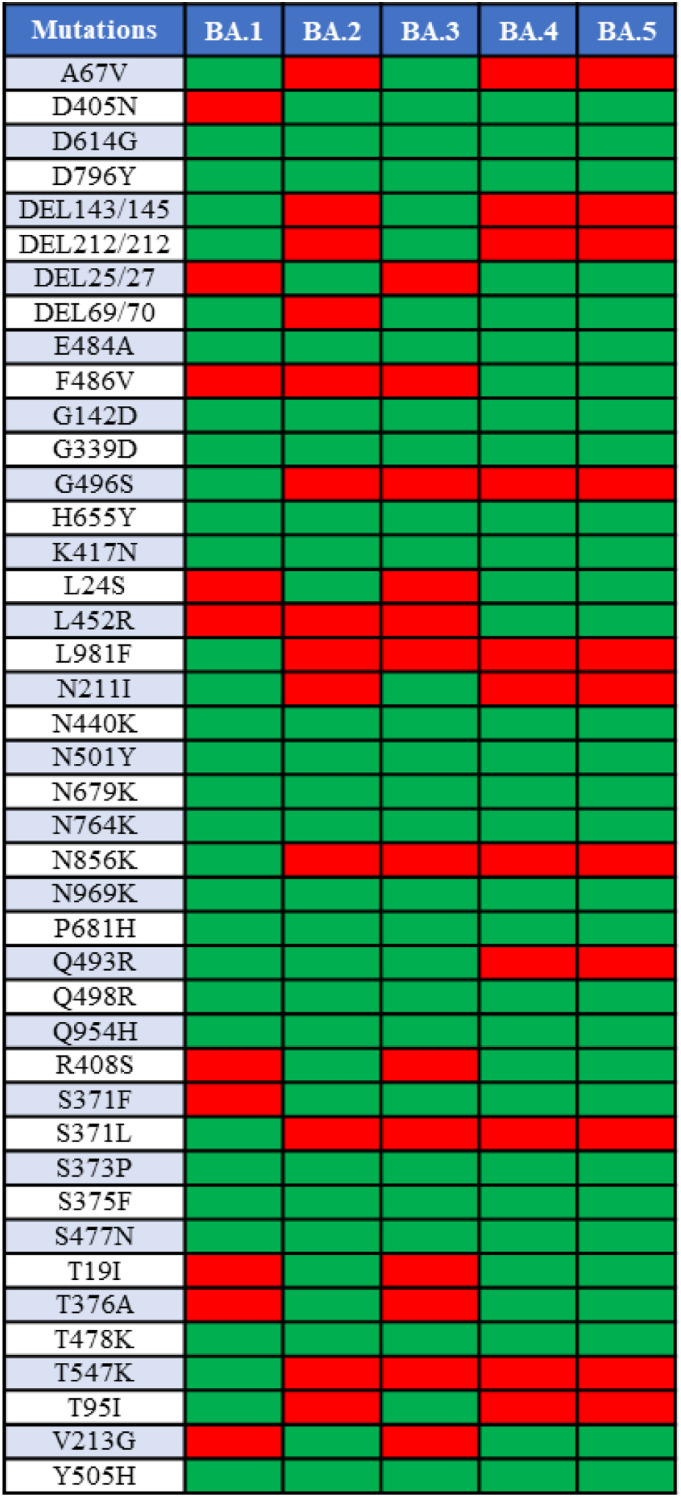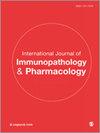SARS-CoV-2的组粒变异感染在接受增强剂或感染变异菌株的人群中引起交叉保护性免疫。
IF 2.6
3区 医学
Q3 IMMUNOLOGY
International Journal of Immunopathology and Pharmacology
Pub Date : 2022-01-01
DOI:10.1177/03946320221133001
引用次数: 2
摘要
简介:SARS-CoV-2的B.1.1.529 (Omicron)变体是迄今为止最受关注的抗原性最独特的SARS-CoV-2变体,目前在全球范围内广泛传播。与其他变异相比,组粒变异及其亚谱系含有过多的突变,这增加了它们的传播性和毒性。对潜在的免疫逃避的担忧已经被新出现的Omicron变体亚变体重新点燃。确定欧米克隆诱导免疫的有效性以及它是否对其他变异具有交叉保护作用是该研究的一个关键方面。方法:由两位作者独立系统检索PubMed、Scopus、Google Scholar、ScienceDirect等数据库中截至2022年9月25日的相关文章。本研究共收录了11篇讨论不同Omicron亚变免疫逃避的文章。结果:大量研究表明,Omicron变异在感染后引起有限的免疫反应。组粒感染增强了先前存在的疫苗诱导免疫,但它可能不足以在未接种疫苗的人群中建立广泛的、交叉中和的体液免疫。结论:由于共循环和新型SARS-CoV-2变体的出现,研究结果强调了加强疫苗接种对免疫保护的重要性。更多的研究应该集中在欧米克隆诱导免疫的功效,它对其他变异的交叉保护特性,以及通用疫苗的开发上。本文章由计算机程序翻译,如有差异,请以英文原文为准。



Omicron variant of SARS-CoV-2 infection elicits cross-protective immunity in people who received boosters or infected with variant strains.
Introduction The B.1.1.529 (Omicron) variant of SARS-CoV-2 is the most antigenically unique SARS-CoV-2 variant of concern to date, which is currently widespread across the world. Omicron variant and its sublineages contain a plethora of mutations than other variants of concern, which increases their transmissibility and virulence. Concerns regarding potential immunological evasion have been reignited by emerging subvariants of the Omicron variant. Determining the effectiveness of Omicron-induced immunity and whether it is cross-protective against other variants is a crucial aspect of the research. Method A systematic search of relevant articles until September 25, 2022, from databases such as PubMed, Scopus, Google Scholar, and ScienceDirect was done independently by two authors. A total of 11 articles discussing about immunological evasion of different Omicron subvariants were included in the study. Results Numerous studies have demonstrated that Omicron variant causes a restricted immune response after infection. Omicron infection boosts preexisting vaccine-induced immunity, but it may not be enough to establish widespread, cross-neutralizing humoral immunity in unvaccinated people. Conclusion Due to co-circulation and the emergence of novel SARS-CoV-2 variants, findings highlight the importance of booster vaccinations for immune protection. More studies should focus on the efficacy of Omicron-induced immunity, its cross-protective properties against other variants, and development of a universal vaccine.
求助全文
通过发布文献求助,成功后即可免费获取论文全文。
去求助
来源期刊
CiteScore
4.00
自引率
0.00%
发文量
88
审稿时长
15 weeks
期刊介绍:
International Journal of Immunopathology and Pharmacology is an Open Access peer-reviewed journal publishing original papers describing research in the fields of immunology, pathology and pharmacology. The intention is that the journal should reflect both the experimental and clinical aspects of immunology as well as advances in the understanding of the pathology and pharmacology of the immune system.

 求助内容:
求助内容: 应助结果提醒方式:
应助结果提醒方式:


